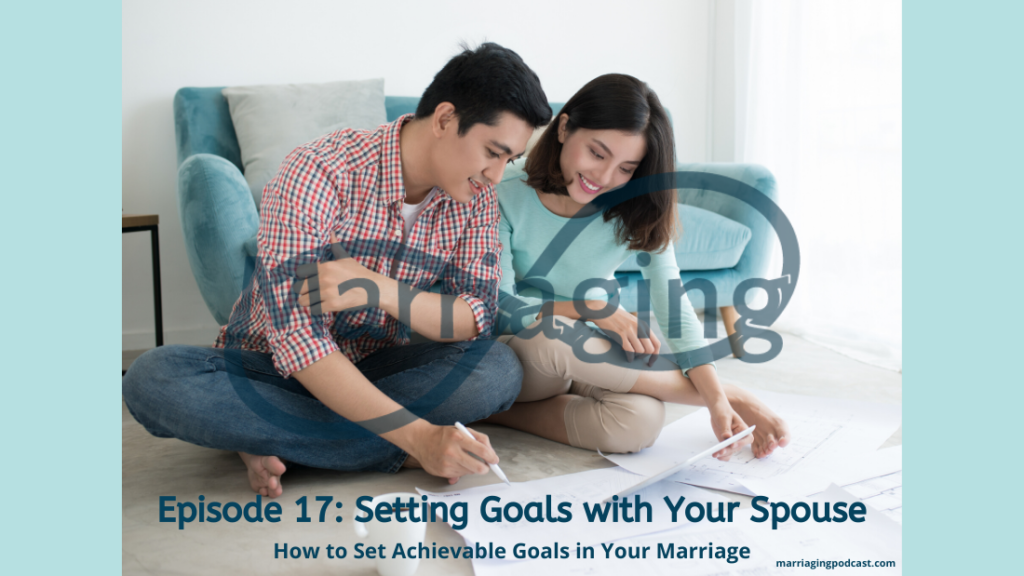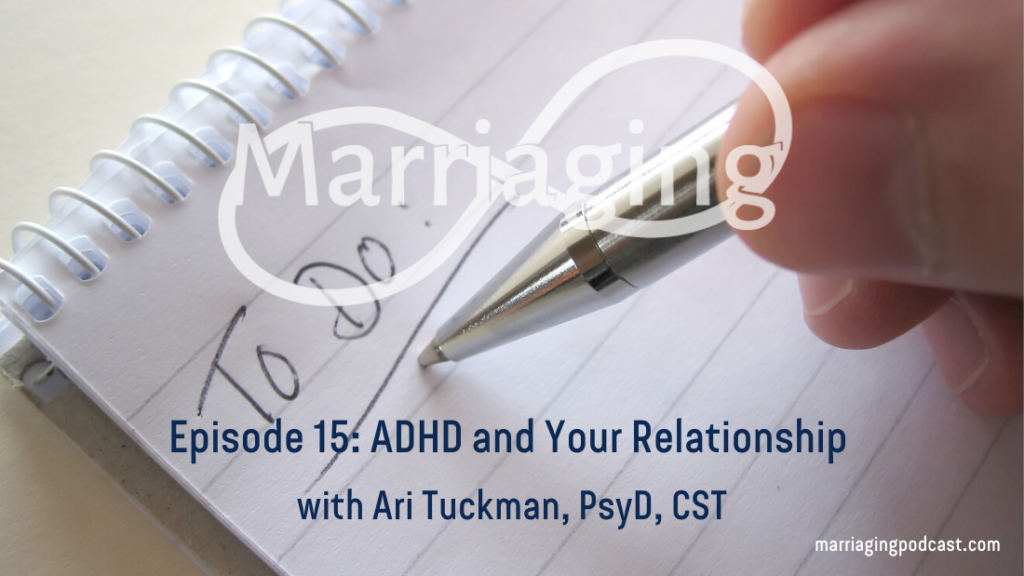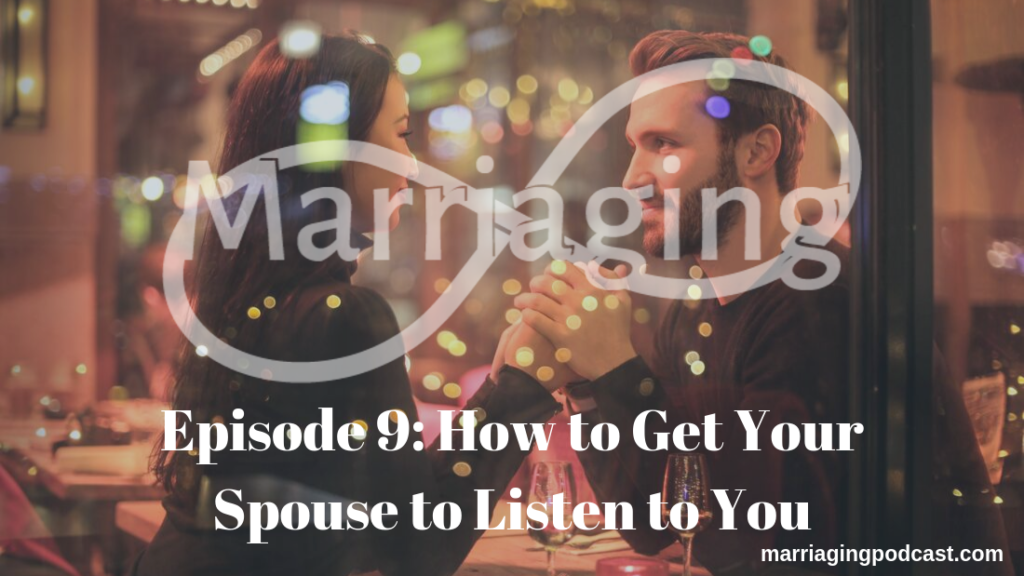Interabled Relationships with Jose Luis Tapia-Fuselier Jr., M.S., CRC, LPC, NCC
Jose discusses what couples experience in interabled relationships, and what each partner can do to work together and form a stronger bond through new changes after a disability is acquired. Jose began working with couples through his work in rehabilitation counseling and helping individuals with brain injuries. He helps couples strengthen their relationship when one partner acquires a disability.
What are some of the challenges couples face when one partner acquires a disability?
- Younger couples may experience an existential crisis. Their life, goals, and expectations change. The relationship may end if the couple does not intentionally work together in these changes.
- Mid-life couples may experience similar difficulties with change. They need to process the grief of the changes and the loss of their expectations, and form stronger bonds.
- Later-life couples may have more of an understanding, as our bodies naturally change with age. The partners are typically better able to easily show up for their partners.
- The grieving process when one partner acquires a disability can occur at all stages of life. The expectations of the relationship and each partner change, creating new and sometimes confusing relationship dynamics.
What might each partner experience in an interabled relationship?
- The non-disabled partner may take on the role of caregiver. This can be challenging, especially depending on the level of care they are providing.
- Relationship dynamics change as the partner who acquires the disability may need help in new ways.
- Sex drives can decrease or be impacted by the medical issues, changes in the relationship dynamics, and more.
- The first few months may feel more stressful and require a greater focus on the basics: appointments, household changes, physical needs.
- If there are children, the parenting role for each partner will change, and the children will also need support in understanding the changes.
- Fertility issues may also be experienced depending on the disability acquired. This is another layer of grief and change.
How can couples work together and form a lasting relationship?
- Acceptance is necessary, and hard to get to.
- Seek support. It is helpful when others can assist so the partner does not have to take on all of the caregiving roles. It’s important for the couple to know what insurance covers and what other resources and agencies are there to help. If the couple also has family, friends, and a support system, it’s helpful for others to step in and alleviate some of the stress.
- Work to get to a point where the partner with a disability can communicate about their abilities and do the things they are able to do.
- Trust allows the non-disabled partner to let go of some fear and let the partner who has acquired a disability to do what they can do for themselves.
- It’s important for both partners to talk about their fears with each other.
- Open communication about fears, questions, and concerns builds a stronger bond and allows for better outcomes long-term for the relationship.
How can couples keep physical and sexual intimacy in an interabled relationship?
- Schedule a date night. Schedule sex. With doctors’ appointments, therapies, and other appointments, it’s important to schedule time together.
- When scheduling a date night or outing, keep in mind accessibility.
- Seek help from a therapist who has specialized knowledge and experience in working with the issues you are experiencing. Here are some techniques Jose discussed that a therapist can help you process through:
- Body mapping technique: the partner with the disability can (standing or sitting) map out their body while naked. Exploring what has changed about their body gives them space to sense what’s different and new, finding what they like and don’t like.
- Non-demand sensate genital exploration (sensuous shower): both partners are in the shower together (may be in a shower chair or standing), and exploring each other’s bodies, including genitals, without any pressure to have sex. The partners get to explore each other, while talking or not talking.
- Take these steps to understand and explore changes. The non-disabled partner may have fear about hurting their partner. Open communication allows for the couple to change their physical relationship and find what works for both partners.
What you and your partner can do now:
- Seek help. A couples therapist can help provide space for both partners to work together.
- If you’re a non-disabled couple, have conversations now about what you would do if something were to happen. If you have the means, plan for insurance, short-term and long-term disability, or other methods for preparing your family to deal with any changes.
A couples therapist who effectively helps an interabled couple will:
- Help gain understanding of each partner’s relationship to the disability.
- Help each partner better understand and process how expectations change.
- Take into account cultural factors, socioeconomic factors, and more, when helping a couple find medical services and other support services.
- Understand and have open discussion with the couple about changes in sex drive and their sexual relationship.
- With the client’s consent, work with other medical providers and supports to provide integrated and holistic care.
- Recognize accessibility needs.
- Help the couple explore ways to form a stronger connection and keep intimacy and communication in their relationship.
About Jose:
Jose Luis Tapia-Fuselier Jr. (pronouns: he, him, his) is currently a third-year doctoral student in counseling at the University of North Texas. Jose’s research is focused on clinical interventions for interabled couples in couples’ and sex therapy, and the adjustment process after one partner acquires a disability. Jose provides individual, couples, play, and family therapy with a special focus in working with people with disabilities in three languages (English, Spanish, and American Sign Language) at a private practice. Jose has had advanced training in Emotionally Focused Therapy and is on the road to certification. Jose has been a guest on Sexology Podcast and Café with Monica. Finally, Jose has presented at the national, regional, state, and local levels on topics related to supporting graduate students, counseling people with disabilities, interabled couples and sex therapy, and bilingual counseling and supervision.
You can connect with Jose at josetapia@my.unt.edu










